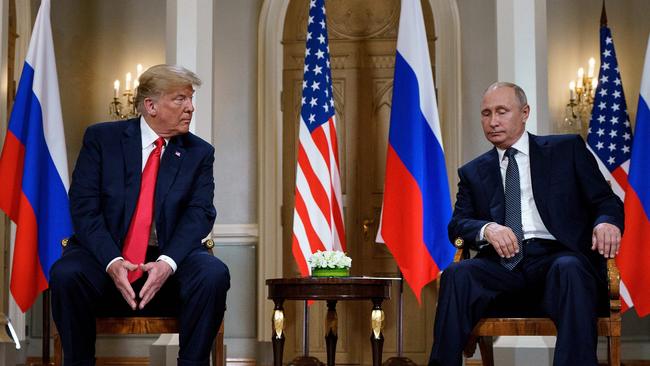
If Donald Trump and Vladimir Putin negotiate an end to the three-year war on Ukraine on terms that keep it outside NATO and allow Russia to maintain the eastern Ukrainian territories it has occupied, as now appears likely, former president Joe Biden’s policy of arming Ukraine to fight Russia will go down as one of the epic tragedies of modern history.
The weapons industry has raked in billions of dollars throughout but after almost three years of bloody fighting, hundreds of thousands of deaths and vast socio-economic destruction, Ukraine appears set to end up in a position far worse than it could have by negotiation.
While barely reported by some warmongering media – which typically casts Putin as Adolf Hitler seeking to conquer Europe – the Russian leader explicitly put an ultimatum to the US and NATO in December 2021 that demanded Kyiv give up on its NATO ambitions, which would’ve ultimately led to US troops and missiles based in the former Soviet republic.
Indeed that – along with Russia’s withdrawal from most of the Donbas – was more or less what was agreed between Russia and Ukraine in a peace treaty agreed by both nations’ negotiators in Istanbul two months after the war began, which was shamefully scuttled by Britain and the US.
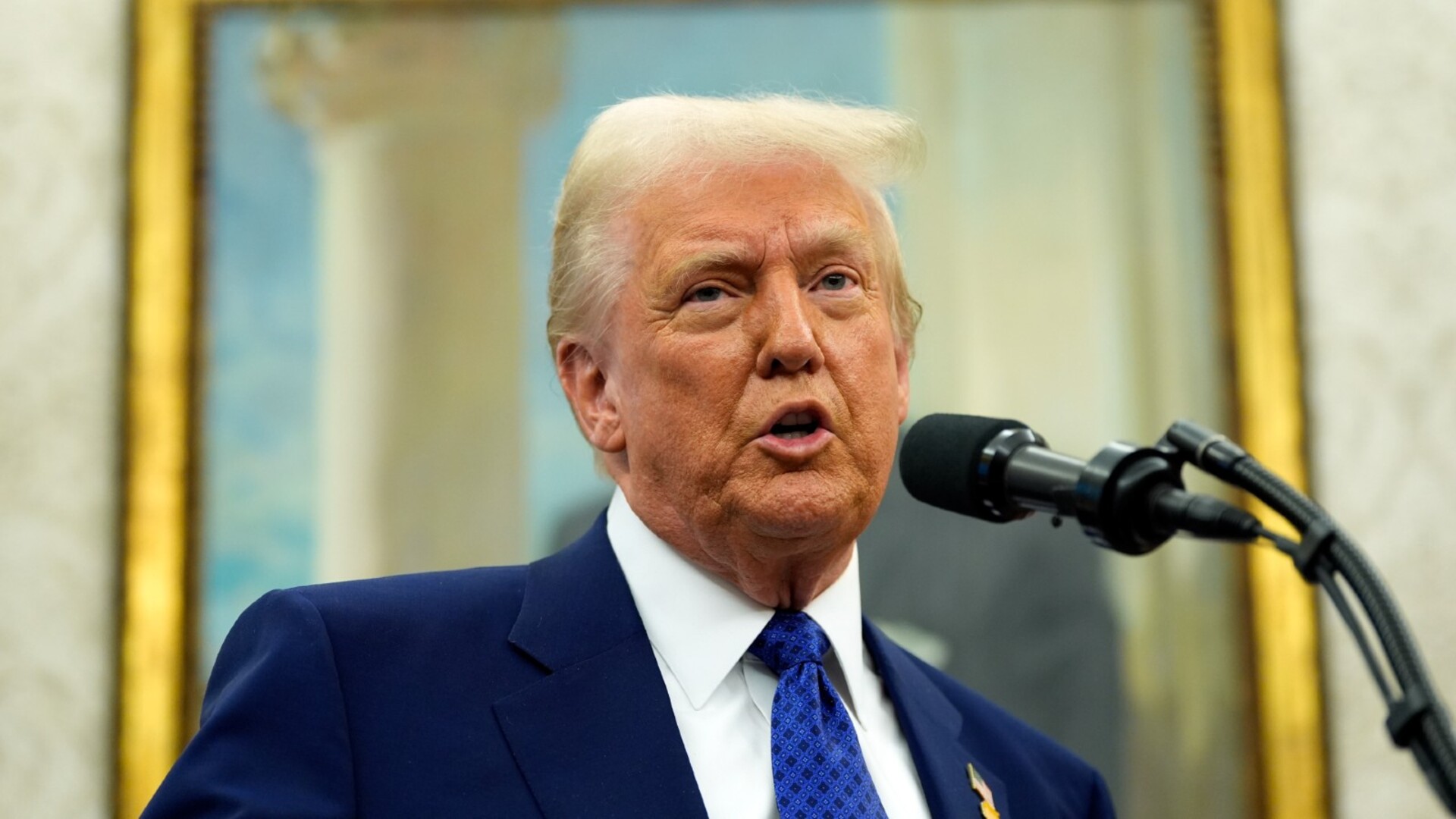
Surely, given the consequent devastation, these arrangements might have been worth a try.
Ukraine, which is around three times poorer than even Russia in terms of GDP per capita, will likely be stripped by the US of its valuable rare earth and mineral deposits as the Trump administration seeks compensation for the billions of dollars of failed support.
US policy has predictably pushed Russia into an alliance with China, a development once considered anathema for Western interests everywhere.
Even Ukrainian President Volodymyr Zelensky has conceded he received barely half the aid money allocated, pointing to fraud on a potentially massive scale, which could further undermine confidence in the wisdom of US interventionism.
The US and allied governments have spent (borrowed) the equivalent of around five times Australia’s annual defence budget for these outcomes.
In March 2022, I wrote: “Sending arms and cheering on the Ukrainians to fight from afar fuel(led) needless deaths and delays the inevitable. The tough penalties on Russia imposed by the US and its allies are penalties on the whole world, prolonging the conflict and pushing Russia into China’s arms.”
In August 2023, I wrote: “Russia’s military advantage appears insurmountable in troops and artillery without mobilising, and sanctions appear to have failed … The sad reality is Moscow’s interests and arguments, whether we agree with them or not, will need to be taken into account in Ukraine, at least as much as Washington’s.”
None of this might be “fair”, especially when it comes to relations between great and small powers. The US since WWII has bombed or invaded at least a half dozen countries, often without the blessing of international law, to ensure its own influence.
Russia, long paranoid about foreign threats given its huge size yet relatively small population, should be condemned for breaking international law but its invasion was predictable and provoked. Former US ambassador to Moscow William Burns observed in a private memo in 2008 that Ukraine in NATO was “the brightest of all red lines” among the Russian political elite, a view shared by numerous serious scholars over many decades. Yet Biden encouraged it anyway.
The CIA had built 12 secret spy bases in Ukraine, according to The New York Times, and the State Department had spent billions helping foment a pro-US uprising against the government in 2014. Would the US tolerate such meddling by China or Russia in the Caribbean or Canada?
Those who backed “standing with Ukraine”, usually by sitting at their computers on the other side of the world contributing nothing to the fight, implied theirs was the moral position. That’s not necessarily true.
The reality was the US government has been paying the Ukrainian government to sometimes physically drag its own young men off the street to fight Russia in an unwinnable war purely to “weaken Russia”, as former defence secretary Lloyd Austin put it in April 2022.
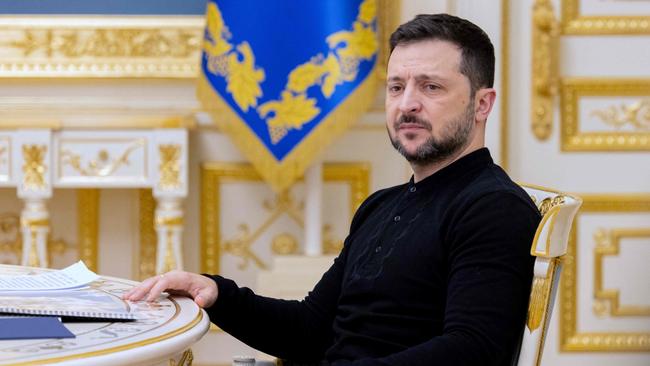
Indeed, the Biden administration later publicly called for Ukraine to lower its draft age to 18 from 24, a move Kyiv was reluctant to do because it has so few young men in that age cohort.
It’s not clear Russia has been weakened, either. To be sure, it has lost many thousands of men, although a big share of the dead were among the worst criminals in Russia, drawn from jails, a policy some might see as killing two birds with one stone.
The severe sanctions that were meant to cripple Moscow have caused as much damage to Europe as they have to Russia, and Russia’s military is now more experienced, possibly more advanced, than it was before. They’ve encouraged BRICS nations to seek to divest away from the US dollar.
There has never been a shred of actual evidence (or logic) behind the claim that Russia, often cast in the Western media as on the verge of collapse, is planning to invade the rest of Europe.
Hitler had to amass over a million troops to conquer Poland, a much smaller country than Ukraine; Putin’s invading force of over 100,000 in early 2022 was probably intended to cow Kyiv into giving up its NATO aspirations.
Unfortunately Henry Kissinger’s famous quip in the wake of the Vietnam War, that “to be America’s enemy is dangerous, to be its friend is fatal”, looks like it will prove true for Ukraine as well.



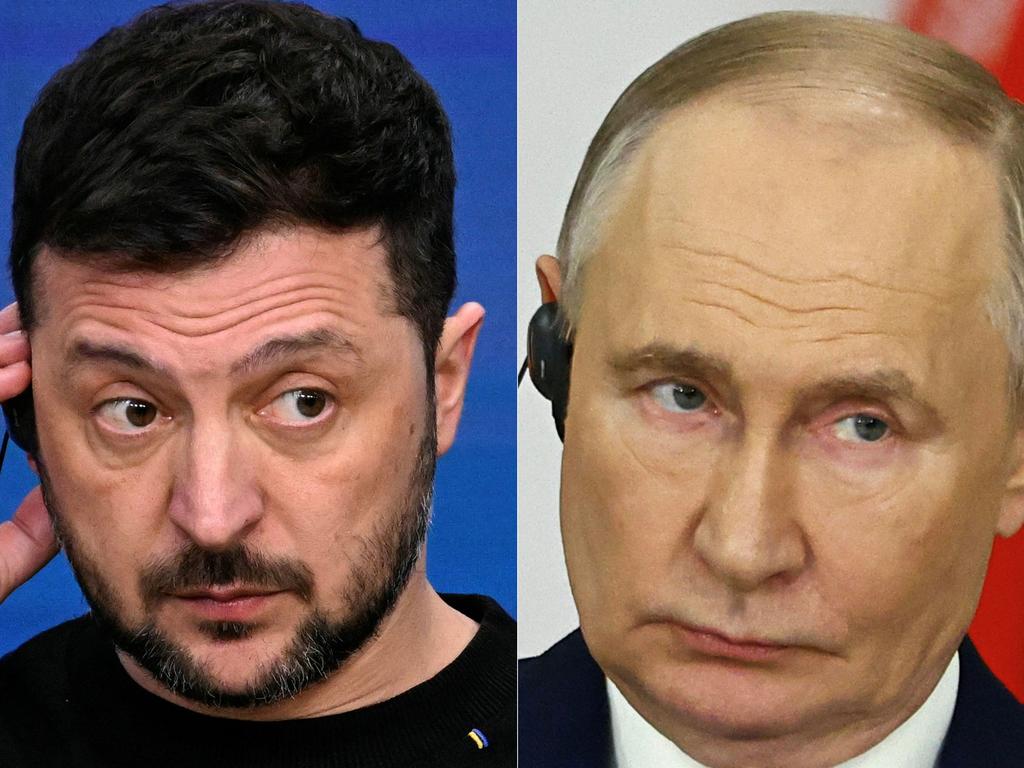
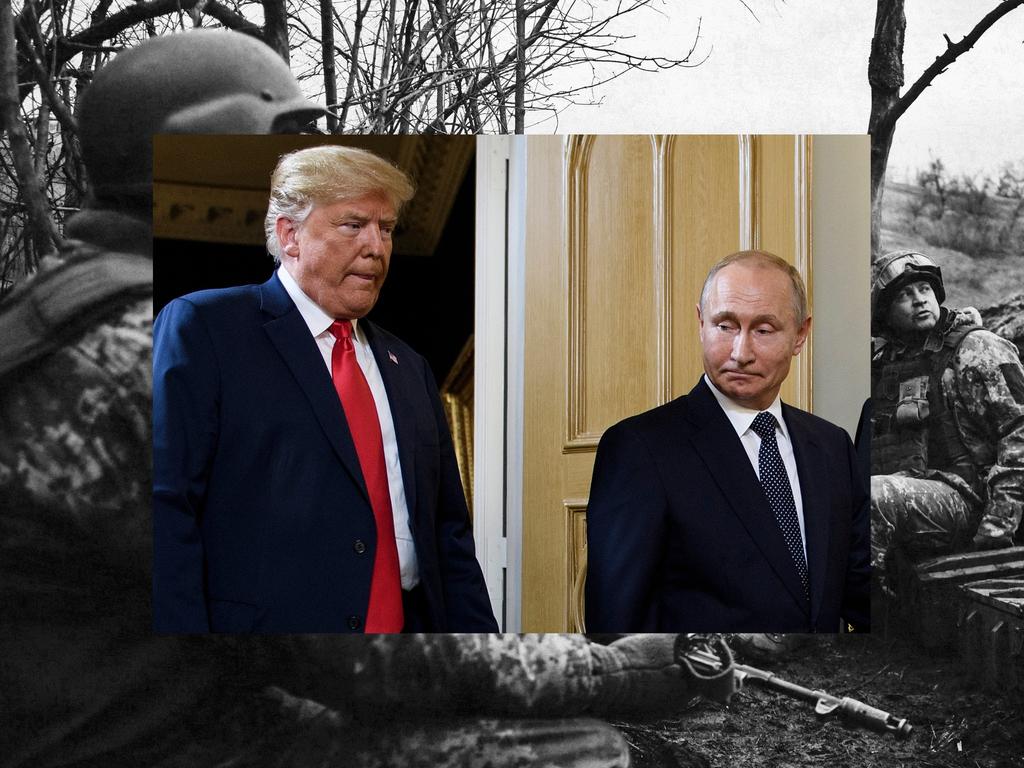


If Barbara Tuchman were still alive to update her classic book on cases of geopolitical stupidity and miscalculation, The March of Folly, she’d surely have to include a chapter on Ukraine.